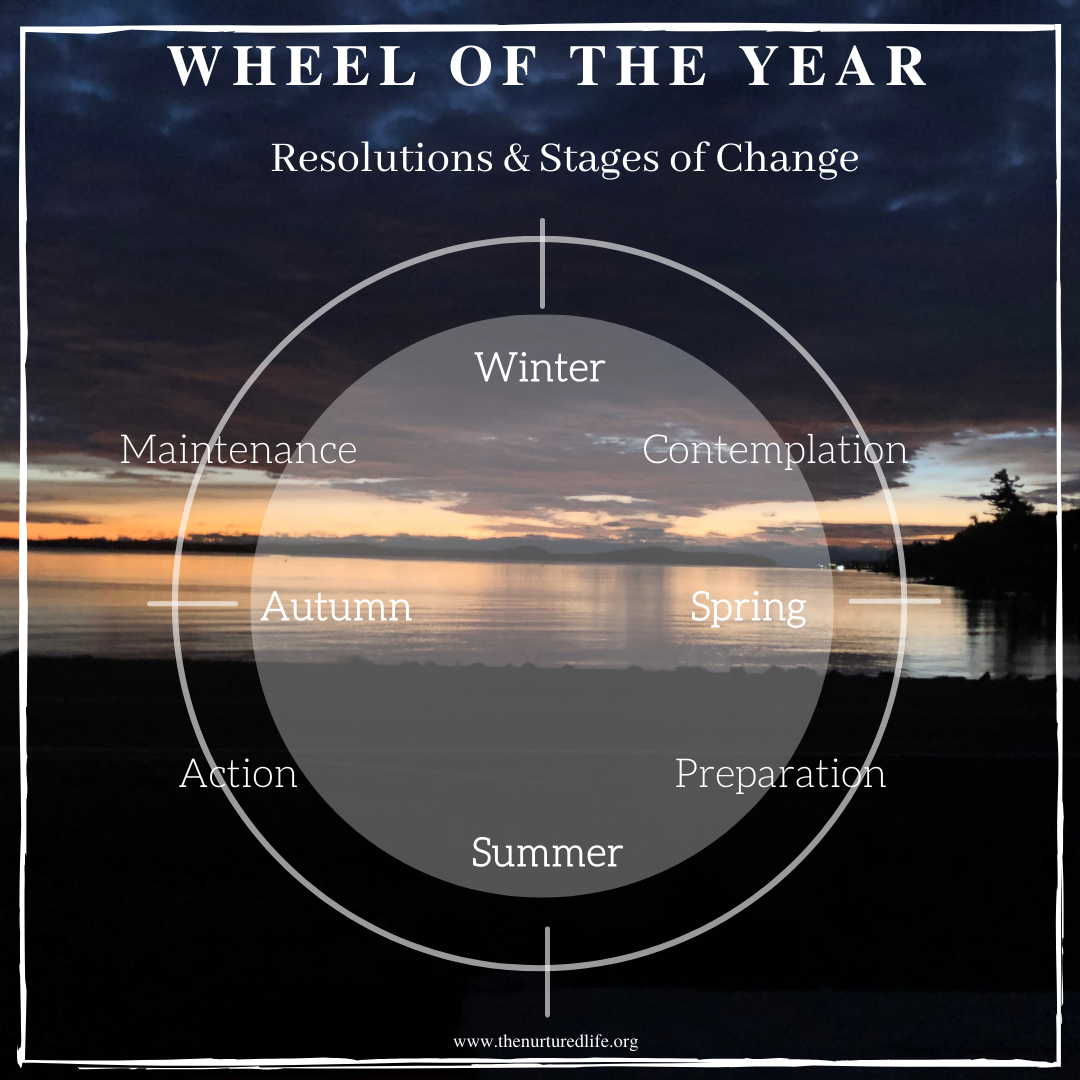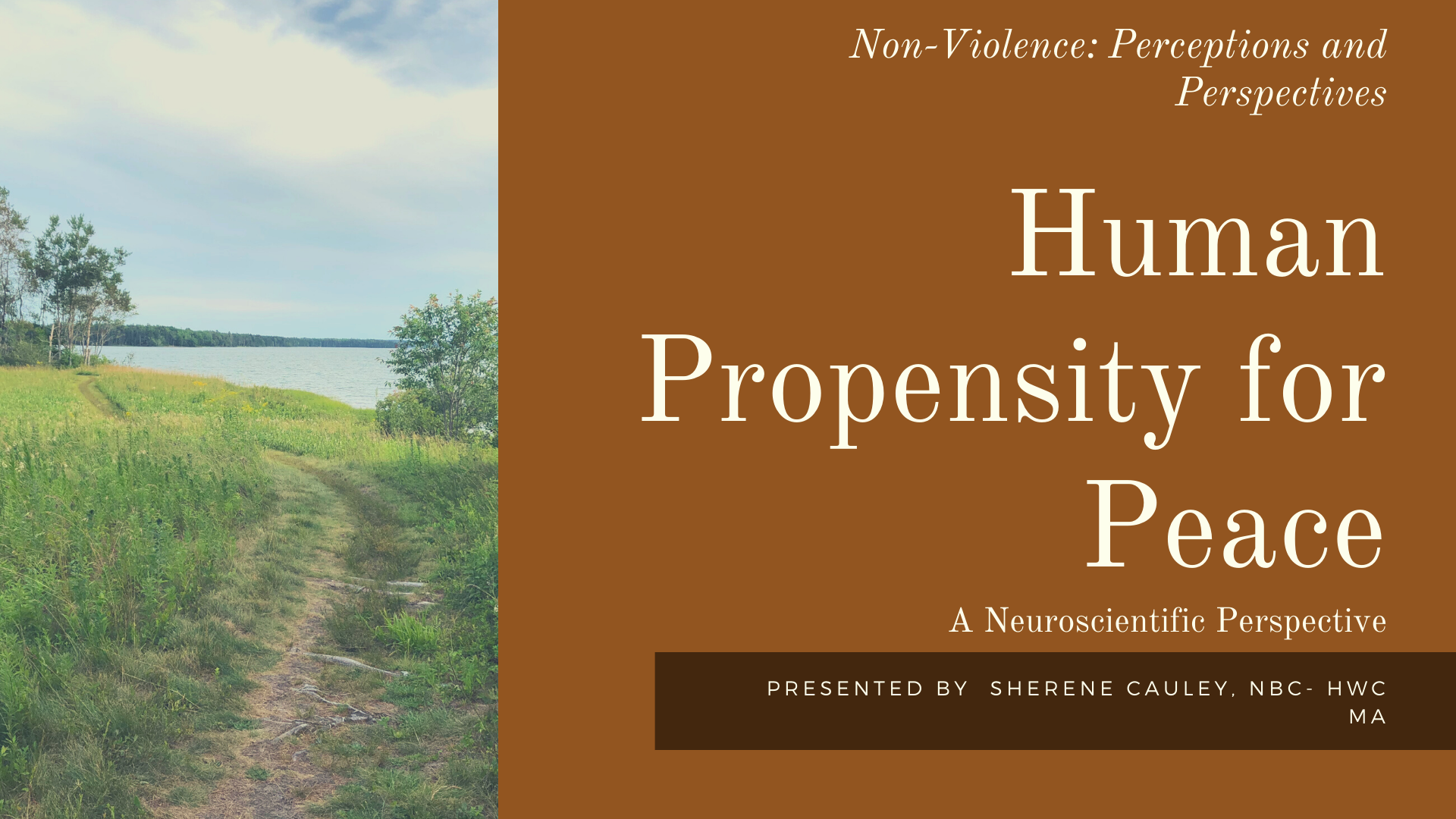From UMAINE, PAX 591 Week 4:
Truth. Honesty. How can we have authenticity or connection without them?
"Agree to disagree" usually means agree not to talk about whatever the conflict is anymore as a way of maintaining a sense peace and connection. We are often told to do this "if we love people."
But, do you know me if we cannot talk or share about what hurts? ME wants to know you and hold you even as we disagree. For me, the very greatest and most painful thing you can do is hold me away. TRY to disconnect. Silence is not peace. And it is not loving.
"Connection is why we're here" and "shame is really easily understood as the fear of disconnection" ( Brown, 2010), but that fear is already realized when we hold ourselves away from each other. To be a vulnerable and authentic person in a culture of "agree to disagree" and hide the truth is excruciating. That is a really bad marketing strategy for my work. "PLEASE, come be authentic with me its gonna hurt like hell." However, it is required for our freedom, for our connection, for our ability to really Love, giving and receiving.
Those of us living authentically are usually the scapegoats, we are where people "discharge pain and discomfort" ( Brown, 2010). If you watch, look around your family and friends and all of our culture- you will find that we generally ask the person/group who is not actually the problem to change. It is scary to go talk to the problematic person/entity, the person who will yell loudly or cut you with their words ( or hands). So instead we go to the "nice person" as Oprah describes ( Brown, 2016). We go to the person we know will be willing to bend for us, and we tell them they are "the problem" and they should improve themselves if they want to be connected to us. We collectively ( as a country and a culture) tell the person we've identified as "a problem" ( DuBois, 1903) to become less of a problem ( for us) by becoming less like themselves, less courageous, and able to tell "story of who [they]are with [their] whole heart" ( Brown, 2010). But, really, the whole reason "they" are considered a problem is that dominant culture doesn't want to be authentic and get messy and be real and honest. The fear of being disconnected is already fulfilled, as soon as you cease to be vulnerable.
'Dr. Brown, we loved your TED talk. We'd like you to come in and speak. We'd appreciate it if you wouldn't mention vulnerability or shame.'
'What would you like for me to talk about?'
There's three big answers. This is mostly, to be honest with you, from the business sector: innovation, creativity and change. (Brown, 2012)
You cannot have innovation, creativity, and change without vulnerability because they require activity in the prefrontal cortex and anyone fearful of being seen will be living with their Sympathetic Nervous System in near-constant activation, unable to access the greatest capacity of their brain.
"Social Justice Folks, we loved your xxx talk. We'd like you to come in and speak. We'd appreciate it if you wouldn't mention TRUTH or ACCOUNTABILITY.'
'What would you like for me to talk about?'
' Love and Unity'
But Truth and Accountability are synonyms for Love and Unity. What is really being asked is for acceptance. Dominant Culture wants acceptance from all the subcultures courageous enough to have withstood this severing of themselves. That acceptance is enabling, and it comes at a cost too high for individuals or humanity to pay.
This shame and fear of vulnerability, if we unravel it instead, and let everyone out to see their radiant selves- then we can we have Love and Unity. It is not healing to accept anything less than Truth and Accountability. The people who are "the problem" are the solution, in almost every setting. Certainly when it comes to social justice, Black and Indigenous people have the longest and most detailed experience of knowing what is wrong and where we as a country need to change. We should listen to them. To be capable of really, really listening, people have to have the "compassion to be kind to themselves first and then to others, because, as it turns out, we can't practice compassion with other people if we can't treat ourselves kindly" ( Brown, 2012).
"If you put shame in a Petri dish, it needs three things to grow exponentially: secrecy, silence, and judgment. If you put the same amount in a Petri dish and douse it with empathy, it can't survive" ( Brown, 2012).
Consider the last time someone offered to help you.
What reaction occurred in your body and mind? What did you feel in your body? What self-talk did you hear? Were you able to accept? How did accepting help feel?
References
Brown, B. (2010). The power of vulnerability. Retrieved from https://www.ted.com/talks/brene_brown_the_power_of_vulnerability
Brown, B. (2012).Listening to shame. Retrieved from https://www.ted.com/talks/brene_brown_listening_to_shame
Brown, B. (2016). Living brave with Brené Brown and Oprah Winfrey. https://www.youtube.com/watch?v=4u4J58YUB1Q&feature=emb_logo
DuBois, W.E.B. ( 1903). The souls of Black folk [PDF]. Retrieved from https://courses.maine.edu/d2l/le/content/143228/viewContent/4984183/View





